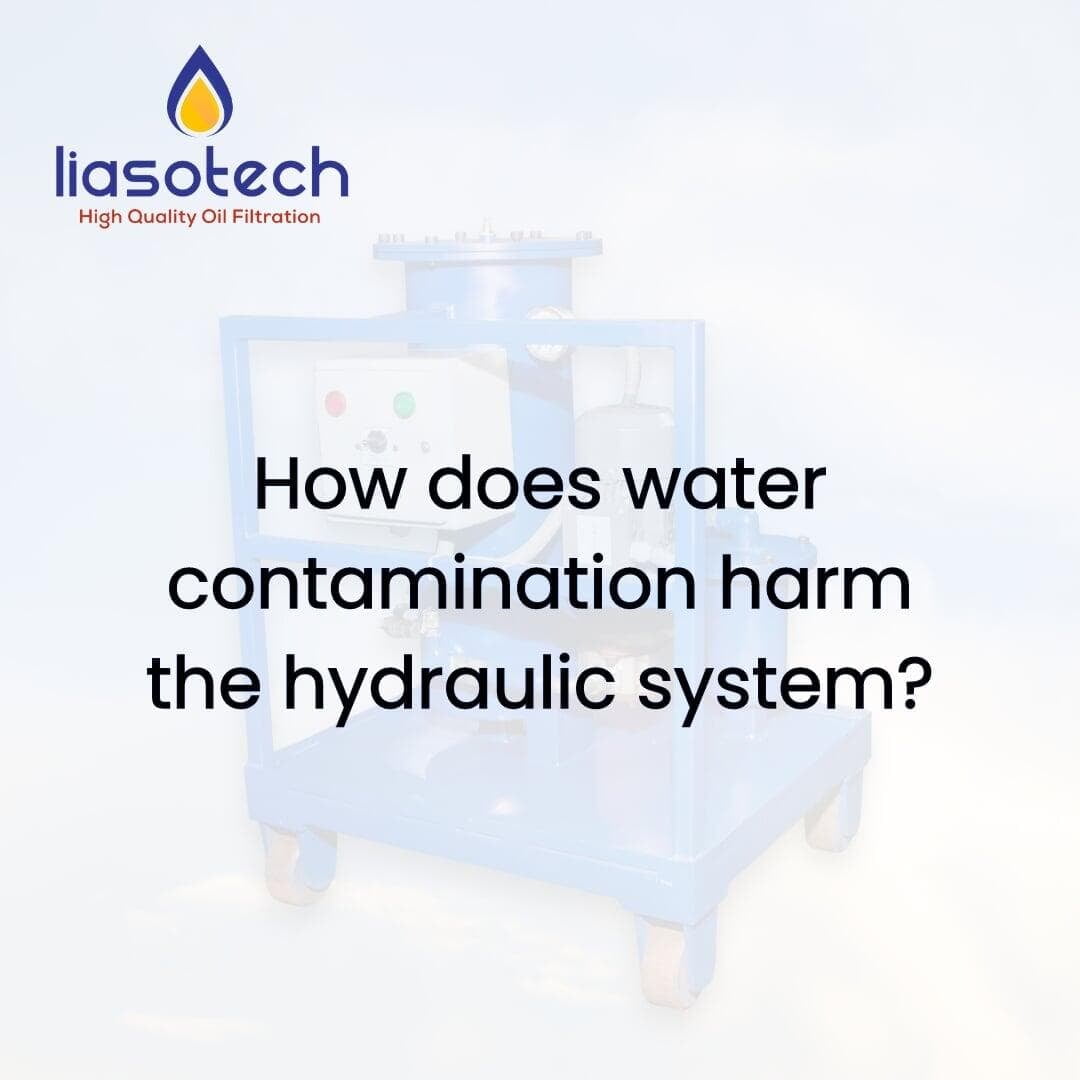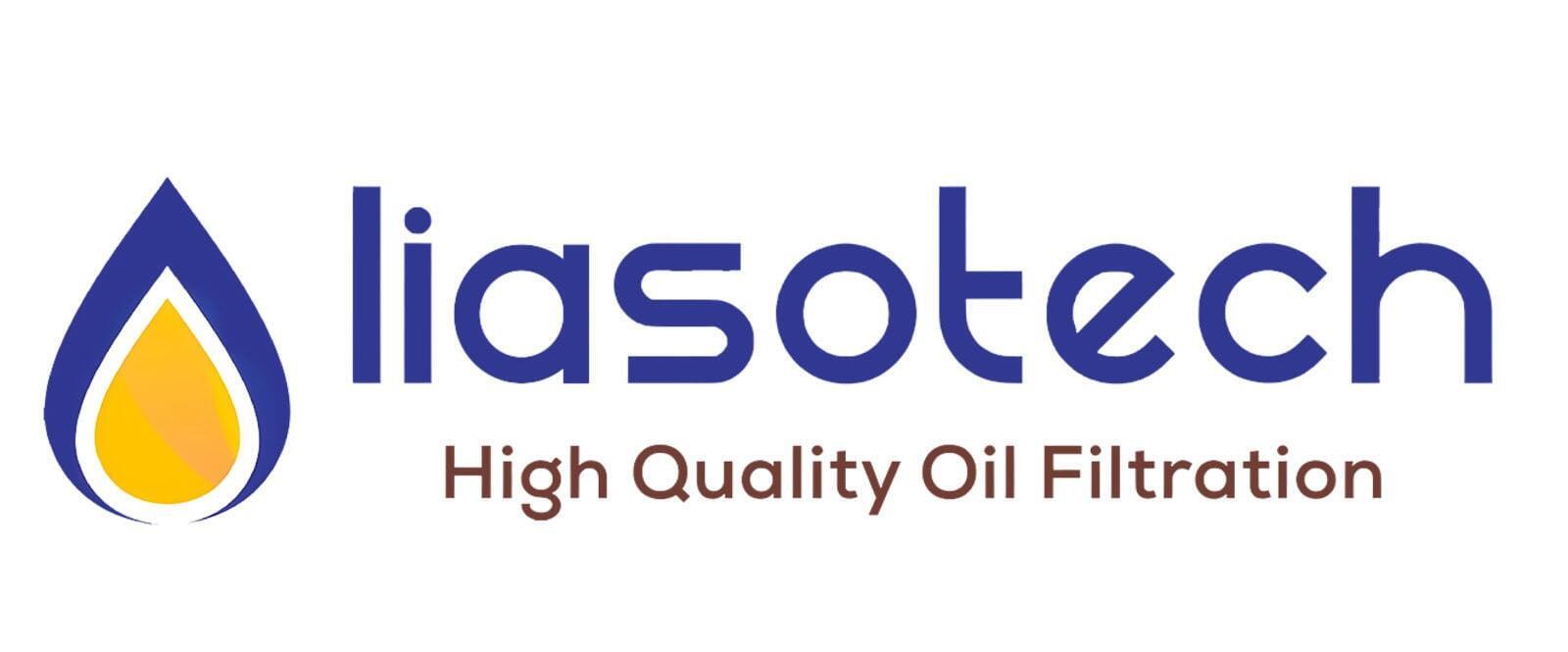Water contamination in hydraulic systems is a critical issue that can lead to significant damage and inefficiency. Understanding the harmful effects of water on these systems is essential for maintaining their performance and longevity. Here’s a look at how water contamination harms hydraulic systems:
1. Corrosion of Components
Water is a catalyst for corrosion in metal components of hydraulic systems. When water mixes with hydraulic fluid, it can lead to the oxidation of metal parts, resulting in rust. This corrosion can weaken the structural integrity of components such as pumps, valves, and cylinders, leading to premature failure.
2. Degradation of Hydraulic Fluid
Hydraulic fluid is specifically formulated to provide lubrication, reduce wear, and ensure smooth operation of the system. When water contaminates the fluid, it can cause the oil to break down and lose its lubricating properties. This degradation can increase friction and wear on moving parts, ultimately reducing the efficiency and lifespan of the system.
3. Reduced Lubrication
Water contamination leads to a significant reduction in the lubricating properties of hydraulic fluid. Poor lubrication results in increased friction between moving parts, causing them to wear out faster. This not only leads to more frequent maintenance and part replacements but also increases the risk of sudden system failures.
4. Cavitation and Aeration
Water contamination can cause cavitation in hydraulic fluid, forming vapor bubbles that collapse and damage components through shock waves, leading to pitting and erosion. Aeration, the introduction of air bubbles, can result in erratic system performance and increased noise.
5. Formation of Sludge and Deposits
Water in hydraulic systems can promote the formation of sludge and deposits. These contaminants can clog filters, restrict fluid flow, and cause uneven pressure distribution. This can result in inactive operation, reduced system efficiency, and potential damage to critical components.
Prevention and Mitigation
To prevent and mitigate the harmful effects of water contamination in hydraulic systems, consider the following measures:
Regular Monitoring and Maintenance: Regularly check the hydraulic fluid for signs of water contamination and change fluids and filters as necessary.
Use of Water-Resistant Fluids: Opt for hydraulic fluids formulated to resist water contamination.
Proper Sealing: Ensure that all seals and washers are in good condition to prevent water ingress.
Installation of Vacuum Dehydrator Filtration System: When water contamination reaches high levels, the most effective solution is to install a Vacuum Dehydrator Filtration System. This system efficiently removes water contamination, ensuring optimal performance and longevity of your equipment.
By understanding and addressing water contamination, operators can maintain the efficiency, reliability, and longevity of hydraulic systems.

